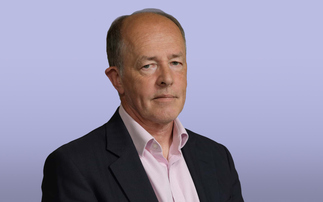The Bank of England will intervene in banks and building societies' mortgage lending if they appear to be stoking a house price bubble, its governor has warned.
In his first public speech, Mark Carney said the current resurgence in the mortgage market needed to be kept in perspective but that the central bank was "acutely aware" of the risk of unsustainable credit and house price growth.
He said: "The important thing to recognise is that we now have tools other than interest rates that can be used to contain risks in the property and financial sectors. These so-called macroprudential tools were not available to us before the crisis and we are now fully prepared to deploy them if that were needed.
"The Bank of England is now in a position, for example, to supervise lending to specific sectors more intensively, to make recommendations to banks and building societies to restrict the terms on which new credit is provided, or even to raise capital requirements on mortgage or other types of lending.
"Having these in our toolkit - and if necessary using them - will help us to keep interest rates low to secure recovery without creating risks that make that recovery ultimately unsustainable."
Carney also repeated his message that the Bank of England would not be raising interest rates in the short-term and hinted the Bank rate could remain low for more than three years: "Thinking unemployment will come down faster than we expect isn't enough to believe interest rates will rise soon. As I said earlier, the 7% threshold is a staging post to assess the economy. Nobody should assume that it is a trigger for raising rates.
"We are not alone in that belief - other major independent forecasters such as the OBR and NIESR share our view that unemployment will be above 7% in three years' time."
The governor, who took office in July, also hit back at criticism that the Bank's pressure on lenders to repair their balance sheets was holding back lending: "The reality is the opposite: where capital has been rebuilt and balance sheets repaired, banking systems and economies have prospered.
"US banks have added more to their capital base since the crisis and, as a result, have been able to provide more credit to their economy than UK banks have to ours."
In the past two years, UK banks had reduced their lending to the real economy by 1% but US banks had increased lending by more than 8%, he added.










